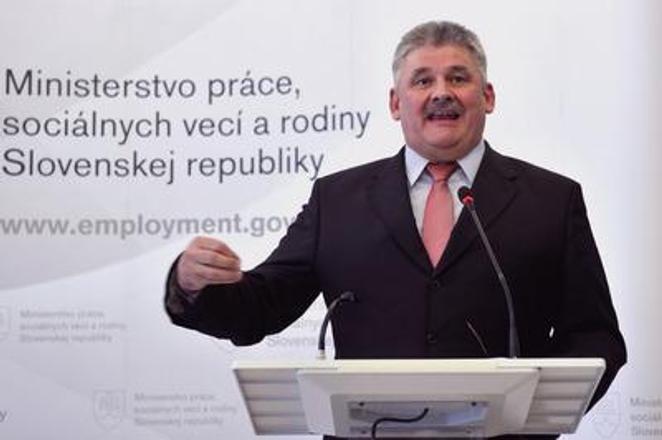The unemployment rate in February 2017 hit a historical low since December 2008: 8.39 percent. This means that month-on-month, it declined 0.25 percentage point (p. p.), while declining 1.7 p. p. year-on-year (10.09 percent in February 2016).
The number of unemployed ready to work immediately was 228,665 in February of this year, the SITA newswire cited the Slovak Centre of Labour, Social Affairs and Family on March 20. It shrunk month-on-month by 6,790 people (i.e. 2.88 percent); while decreasing by 45,537 people (16.61 percent) y-o-y.
The total unemployment rate calculated from all job-seekers seekers – including those on sick leave and post-graduate internship – was 9.8 percent in February 2017; declining 0.25 p.p. against January (10.05 percent) and 2.20 p.p. against last year. The total number of job-seekers stood at 267, 219 people in February 2017.
In all regions, a decline in registered unemployment rate (RUR) was found, with the biggest one in the Trenčín Region. The biggest RUR in February was in the Prešov Region (13.45 percent), followed by the Banská Bystrica Region (12.57 percent), and the Košice Region (12.91 percent) . The Slovak average is 8.39 percent. As for districts, Rimavská Sobota has the highest registered unemployment rate (24.76 percent), with the lowest (3.01 percent) being in the Trnava District.
There were 40,809 vacancies in February 2017.
Labour minister: development can still be improved
The favourable development in the unemployment rate has been preserved, Labour Minister Ján Richter said, as quoted by the TASR newswire. “We have a nine-year minimum of the total number of unemployed,” Richter noted, adding that “all realistic conditions for the further decrease in the unemployment rate and increase in the employment rate for the upcoming period have been created”.
Of the total number of unemployed, 96,500 were registered for a period up to six months – with a realistic chance to return to the labour market. A total of 137,000 people have been registered for up to one year, and 130,000 for more than 12 months.
There are more projects being prepared to further boost employment, especially to help include the long-term unemployed, Richter summed up for TASR.



 Labour Minister Ján Richter (source: SITA)
Labour Minister Ján Richter (source: SITA)